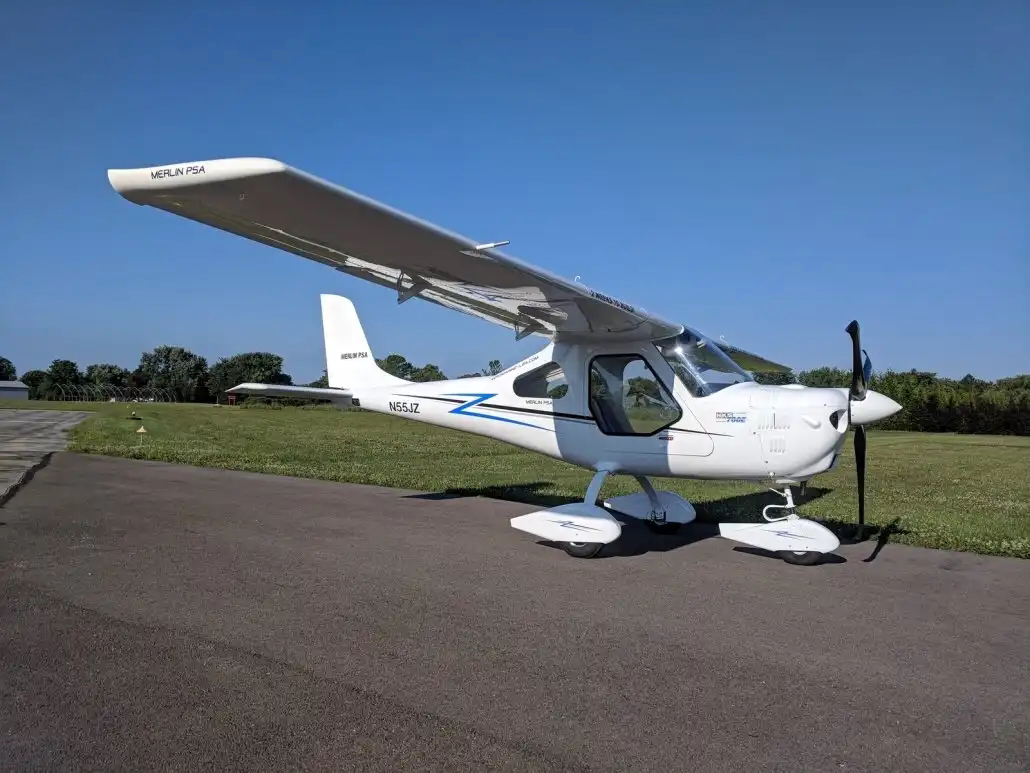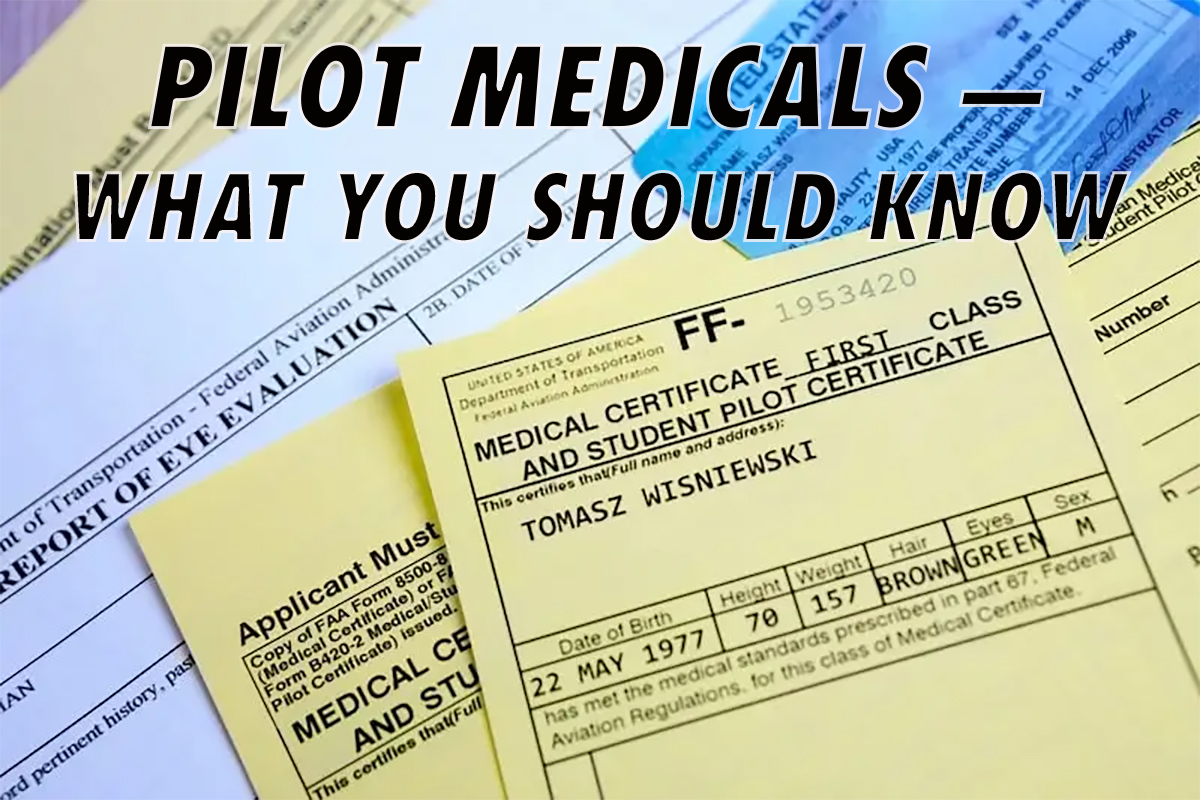
For most pilots, the FAA Airmen’s Medical Certificate is a fundamental requirement for flight. This certification guarantees that the pilot meets the medical standards necessary for safe operation of an aircraft. But there are exceptions, and understanding them is crucial, particularly for pilots facing challenges with their medical certification. Medical Qualifications: Contention and Controversy Discussions about medical qualifications often lead to disagreements and controversy. Even though I am not a member of the FAA FAASTeam, I regularly attend WINGS seminars. These discussions consistently arise at the end of many presentations, regardless of whether the presentation is related to medical issues. The typical statement is usually something this: “A Sport Pilot does NOT need an FAA Medical NOR BasicMed.” They are usually referring to the to the use of a U.S. Issued Driver’s License to exercise Sport Pilot privileges. While this is true at a surface level, the answer is more nuanced and not for the reasons many pilots mistakenly believe.



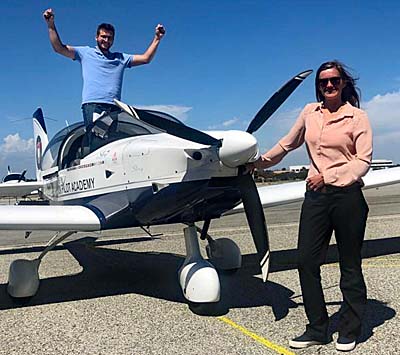 The journey to becoming a professional pilot has traditionally been a long and expensive one, requiring hundreds of flight hours and multiple certifications before being able to earn money. However, the FAA Sport Pilot Instructor Certificate (CFI-S) offers a potential shortcut for aspiring aviators, allowing them to start teaching and earning income with significantly fewer hours than a traditional Certified Flight Instructor (CFI).
The journey to becoming a professional pilot has traditionally been a long and expensive one, requiring hundreds of flight hours and multiple certifications before being able to earn money. However, the FAA Sport Pilot Instructor Certificate (CFI-S) offers a potential shortcut for aspiring aviators, allowing them to start teaching and earning income with significantly fewer hours than a traditional Certified Flight Instructor (CFI).
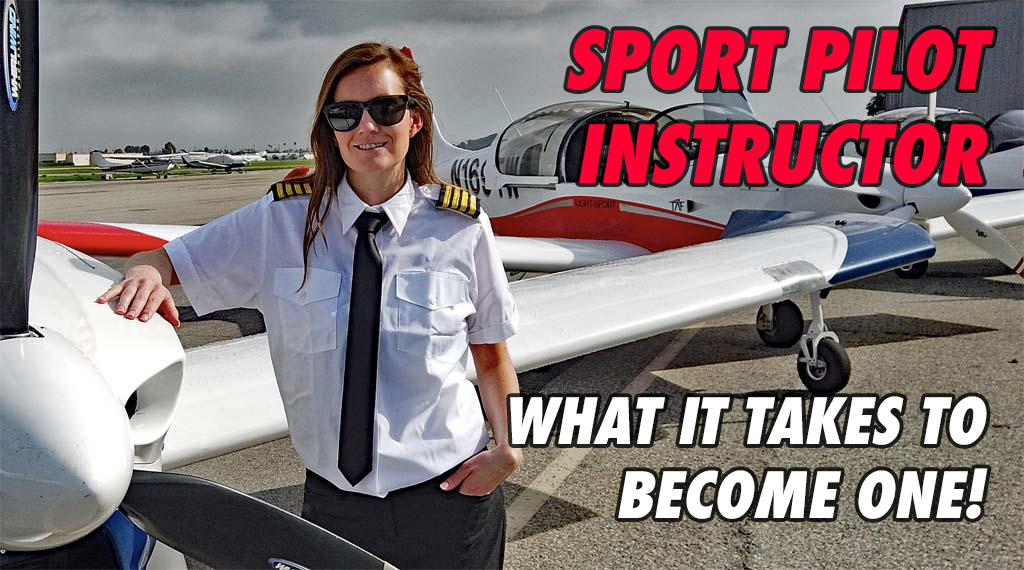
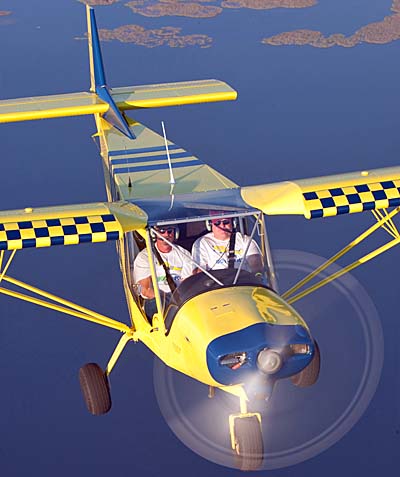 The Sport Pilot Certificate has emerged as a popular option for aspiring pilots who want to experience the joy of recreational flying without the extensive time and financial commitment required for a Private Pilot Certificate. It’s been with us for two decades but there are still questions about the SP certificate. Here’s a rundown.
There are seven main categories of aircraft for which you can be a Sport Pilot, each with variations on training and pilot requirements specific to that Category. This article will be specific to the Airplane Category.
The Sport Pilot Certificate has emerged as a popular option for aspiring pilots who want to experience the joy of recreational flying without the extensive time and financial commitment required for a Private Pilot Certificate. It’s been with us for two decades but there are still questions about the SP certificate. Here’s a rundown.
There are seven main categories of aircraft for which you can be a Sport Pilot, each with variations on training and pilot requirements specific to that Category. This article will be specific to the Airplane Category.
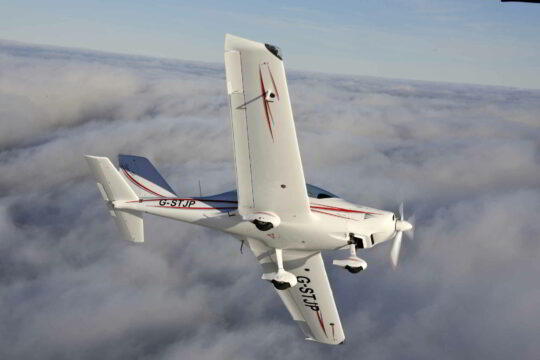

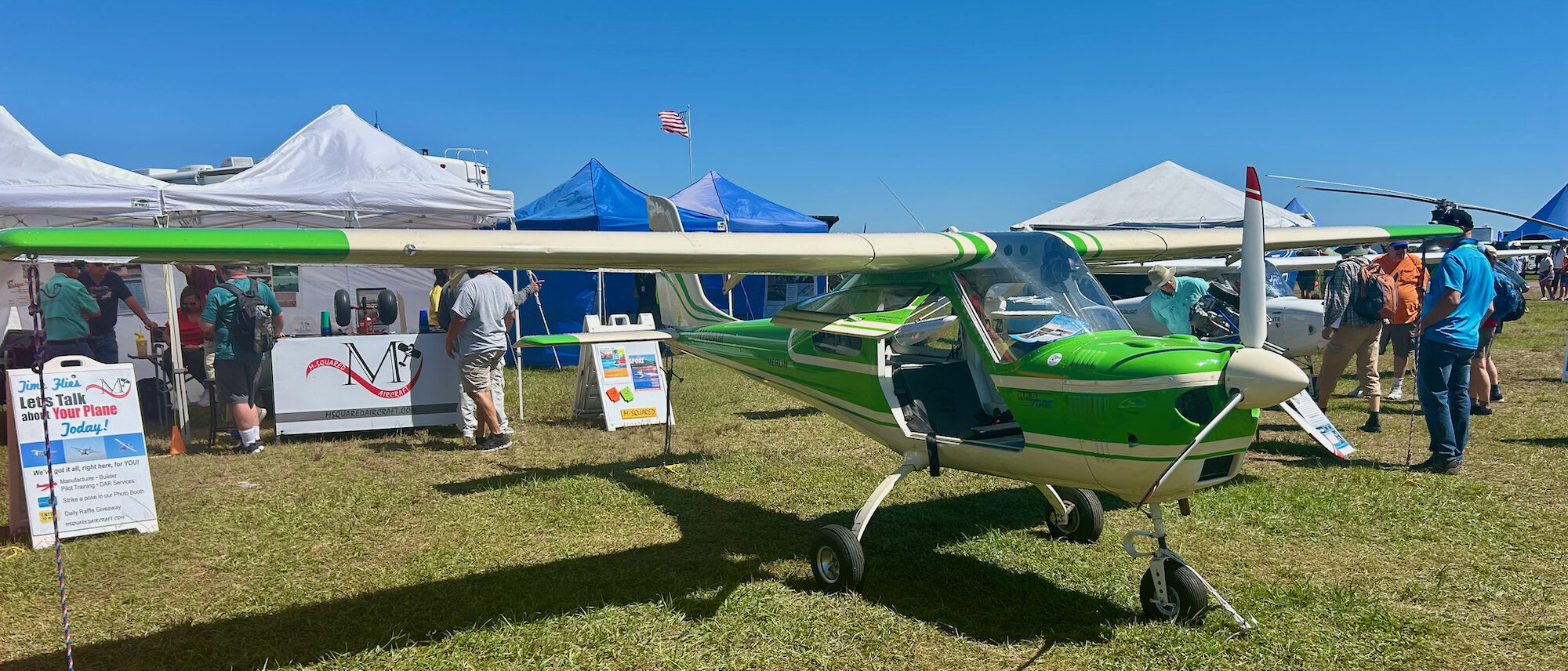 When thinking of affordable aviation, it’s impossible not to talk about the
When thinking of affordable aviation, it’s impossible not to talk about the 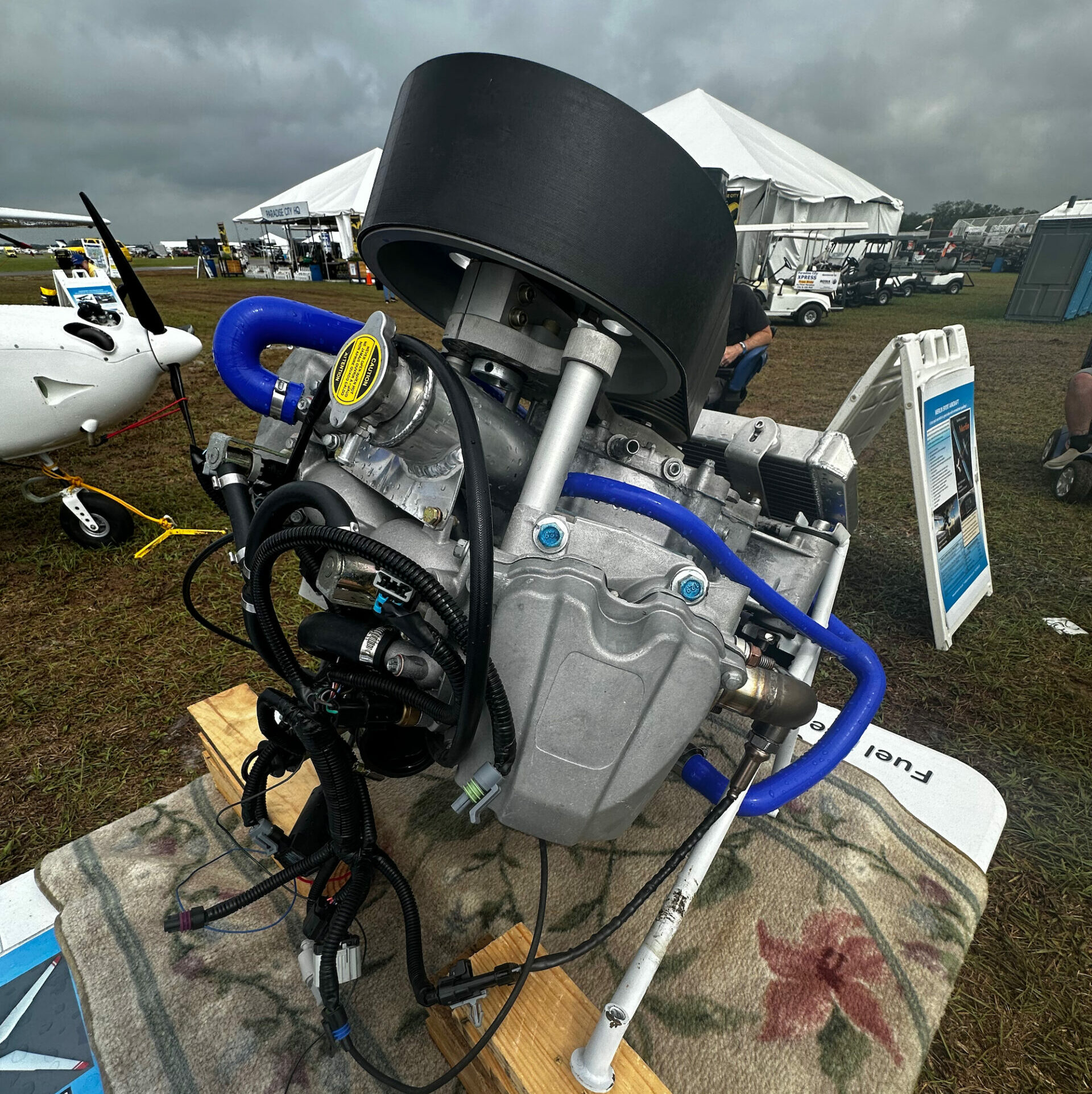
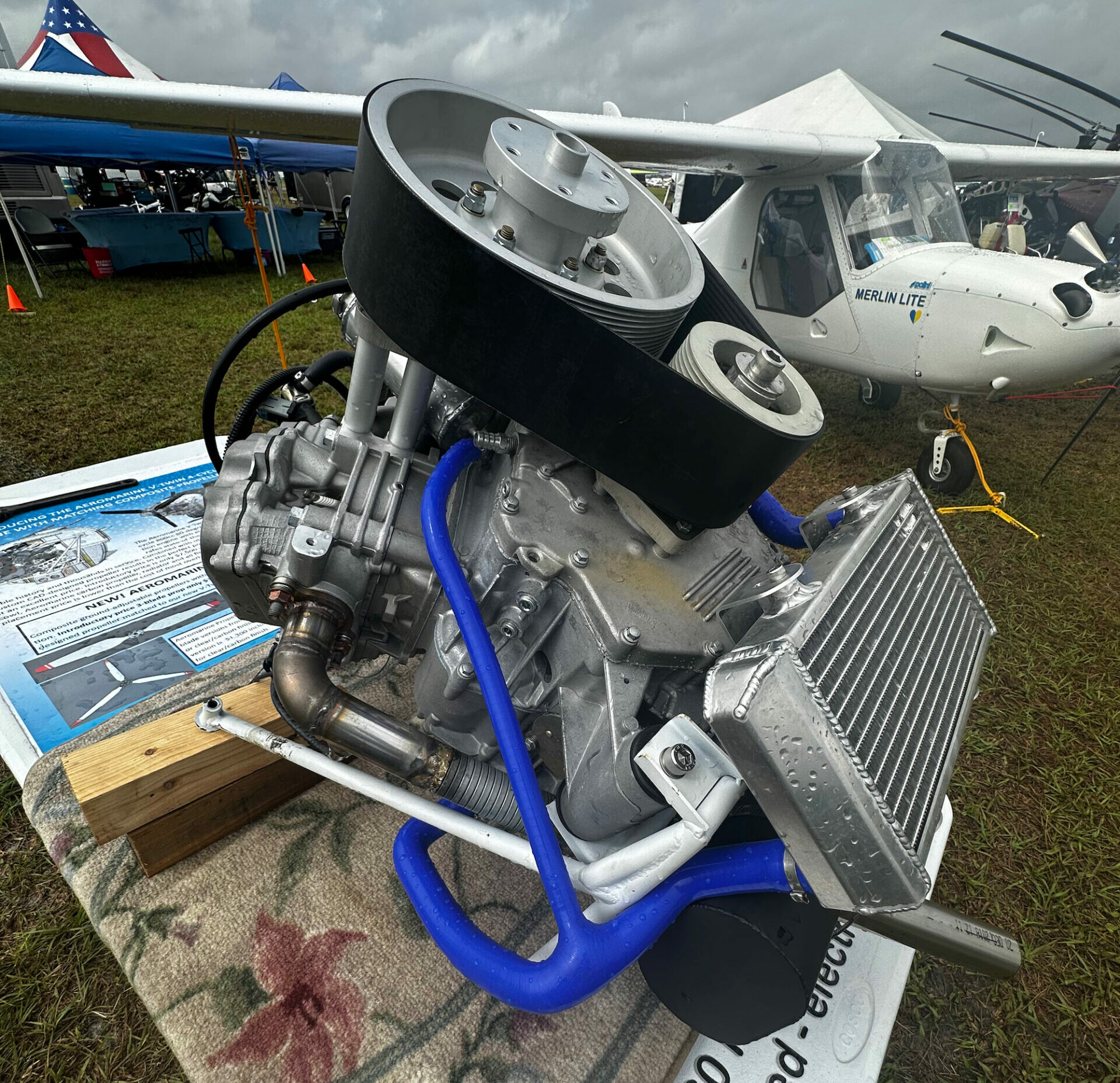 The Aeromarine Merlin LSA will also feature as standard a deluxe MGL 8.5-inch EFIS with ADS-B In and Out (FIS-B) avionics panel, elevating your flying experience to the 21st century. Aeromarine designs and builds all of the switches, circuit boards, wiring, and breaker panels; all of which are included in the build.
Even with all the updates and changes, the Aeromarine Merlin is still designed for easy assembly. Aeromarine uses precision-matched holes with their Merlin kit, which means that all aluminum skin parts come pre-drilled, so the builder simply begins pulling rivets. Additionally, you get a complete kit with everything you need to build you dream aircraft! The aircraft is designed as a quick-build kit, allowing customers to assemble it themselves in the least amount of time with the least amount of complexity. The Merlin quick-build kit (E/A-B) has already been inspected and approved by the FAA and posted to the approved kit list showing that it already meets the 51% kit build standard. This should streamline the FAA (or DAR) inspection processes.
Aeromarine also offers a builder's assistance program that can help customers assemble the aircraft in just one week, even with all the new and exciting solid-state upgrades. This program is a great option for those who want to complete their build quickly while still getting hands-on experience, and with expert guidance and direction during construction, while still enjoying the experience and satisfaction of building their aircraft.
The Aeromarine Merlin LSA will also feature as standard a deluxe MGL 8.5-inch EFIS with ADS-B In and Out (FIS-B) avionics panel, elevating your flying experience to the 21st century. Aeromarine designs and builds all of the switches, circuit boards, wiring, and breaker panels; all of which are included in the build.
Even with all the updates and changes, the Aeromarine Merlin is still designed for easy assembly. Aeromarine uses precision-matched holes with their Merlin kit, which means that all aluminum skin parts come pre-drilled, so the builder simply begins pulling rivets. Additionally, you get a complete kit with everything you need to build you dream aircraft! The aircraft is designed as a quick-build kit, allowing customers to assemble it themselves in the least amount of time with the least amount of complexity. The Merlin quick-build kit (E/A-B) has already been inspected and approved by the FAA and posted to the approved kit list showing that it already meets the 51% kit build standard. This should streamline the FAA (or DAR) inspection processes.
Aeromarine also offers a builder's assistance program that can help customers assemble the aircraft in just one week, even with all the new and exciting solid-state upgrades. This program is a great option for those who want to complete their build quickly while still getting hands-on experience, and with expert guidance and direction during construction, while still enjoying the experience and satisfaction of building their aircraft.
 In terms of performance, the Merlin has a cruising speed of up to 104 kts, with a VNE of 130 knots, making it suitable for recreational flying, sightseeing trips, and even short commutes. Even with a full fuel load of 12 gallons (72 pounds), the Merlin can accommodate a reasonable-size pilot of up to 228 pounds with the standard configuration. At 2.5 gph of fuel consumption with the Aeromarine V-Twin engine, this aircraft will likely out-endure your bladder, even at less than maximum fuel load. The Merlin is even equipped with a BRS Parachute recovery system, adding an extra layer of safety and peace of mind for the pilot and their family.
Overall, the Aeromarine Merlin is an excellent choice for pilots seeking an affordable, easy-to-fly, and high-performance LSA. The combination of affordability, ease of operation, and strong performance make it a compelling option for a pilot looking for a modern and affordable aircraft.
The complete Merlin package, including the builder-assistance package, is $55,250.
https://www.youtube.com/watch?v=ZcCdx4oqBtM&pp=ygURYWVyb21hcmluZSBtZXJsaW4%3D
https://www.youtube.com/watch?v=r3jlcangoUI&pp=ygUeYnlkYW5qb2huc29uIGFlcm9tYXJpbmUgbWVybGlu
https://www.youtube.com/watch?v=aOH-6z2pJGs&pp=ygUeYnlkYW5qb2huc29uIGFlcm9tYXJpbmUgbWVybGlu
https://www.youtube.com/watch?v=a05k4tYd-lQ&pp=ygUeYnlkYW5qb2huc29uIGFlcm9tYXJpbmUgbWVybGlu
In terms of performance, the Merlin has a cruising speed of up to 104 kts, with a VNE of 130 knots, making it suitable for recreational flying, sightseeing trips, and even short commutes. Even with a full fuel load of 12 gallons (72 pounds), the Merlin can accommodate a reasonable-size pilot of up to 228 pounds with the standard configuration. At 2.5 gph of fuel consumption with the Aeromarine V-Twin engine, this aircraft will likely out-endure your bladder, even at less than maximum fuel load. The Merlin is even equipped with a BRS Parachute recovery system, adding an extra layer of safety and peace of mind for the pilot and their family.
Overall, the Aeromarine Merlin is an excellent choice for pilots seeking an affordable, easy-to-fly, and high-performance LSA. The combination of affordability, ease of operation, and strong performance make it a compelling option for a pilot looking for a modern and affordable aircraft.
The complete Merlin package, including the builder-assistance package, is $55,250.
https://www.youtube.com/watch?v=ZcCdx4oqBtM&pp=ygURYWVyb21hcmluZSBtZXJsaW4%3D
https://www.youtube.com/watch?v=r3jlcangoUI&pp=ygUeYnlkYW5qb2huc29uIGFlcm9tYXJpbmUgbWVybGlu
https://www.youtube.com/watch?v=aOH-6z2pJGs&pp=ygUeYnlkYW5qb2huc29uIGFlcm9tYXJpbmUgbWVybGlu
https://www.youtube.com/watch?v=a05k4tYd-lQ&pp=ygUeYnlkYW5qb2huc29uIGFlcm9tYXJpbmUgbWVybGlu